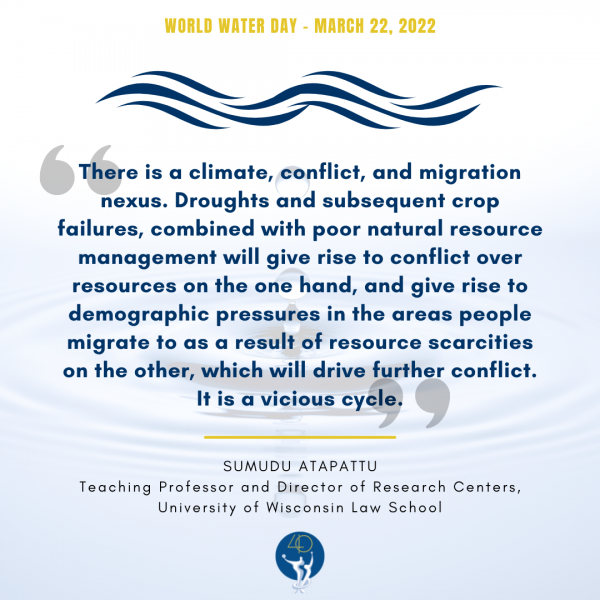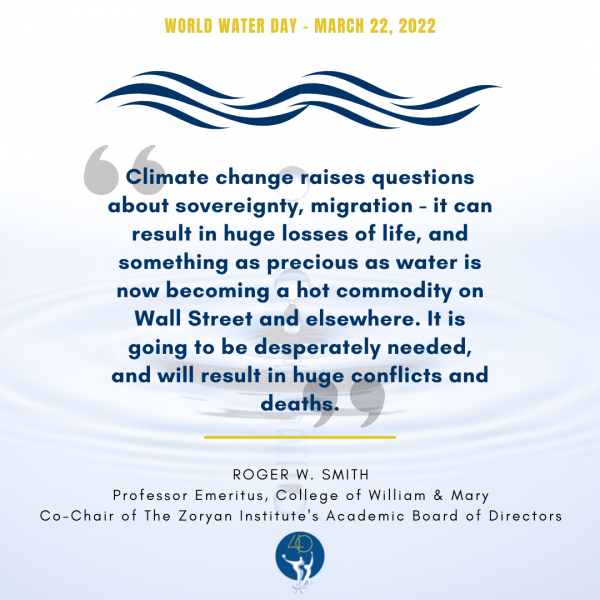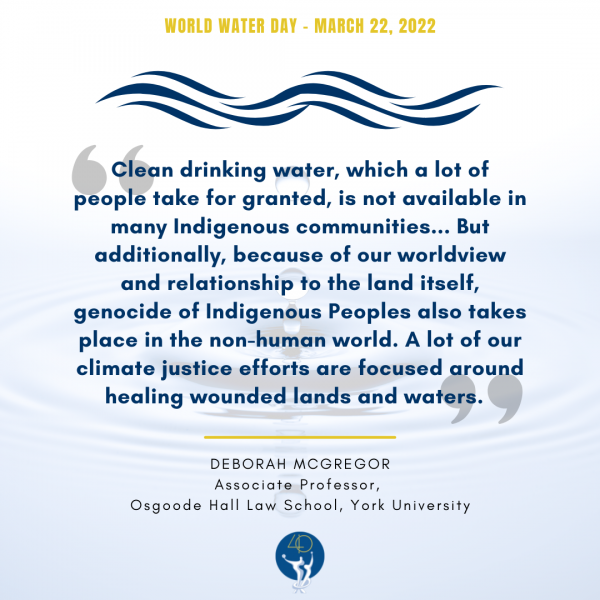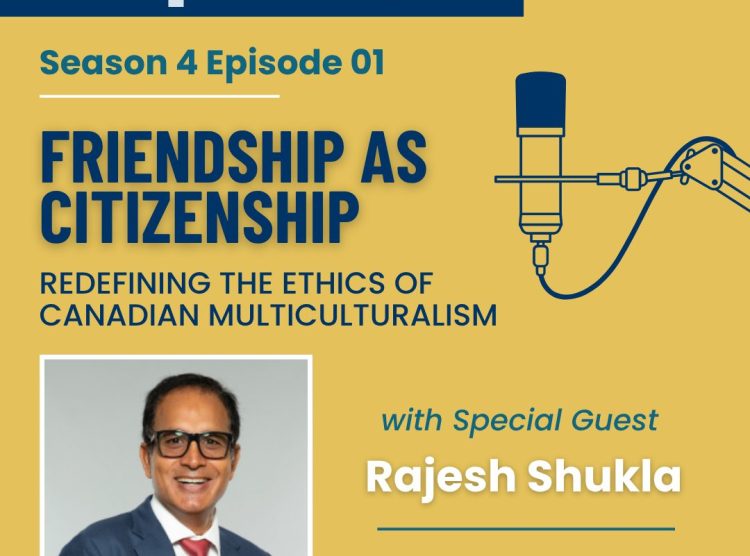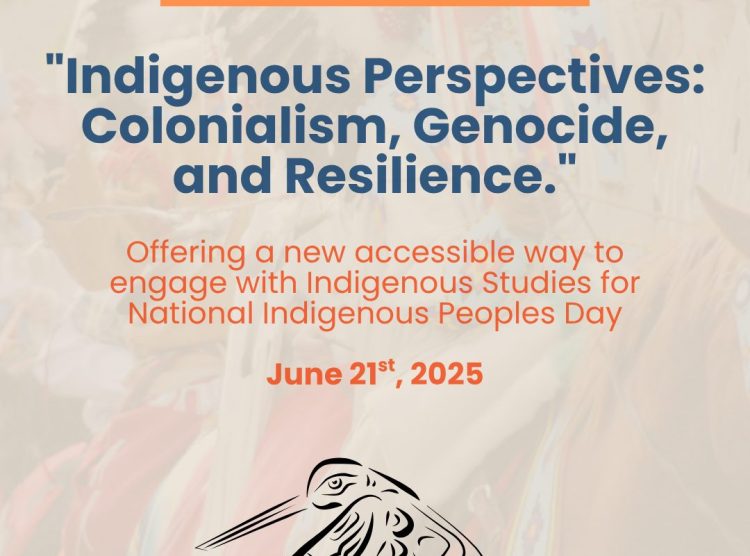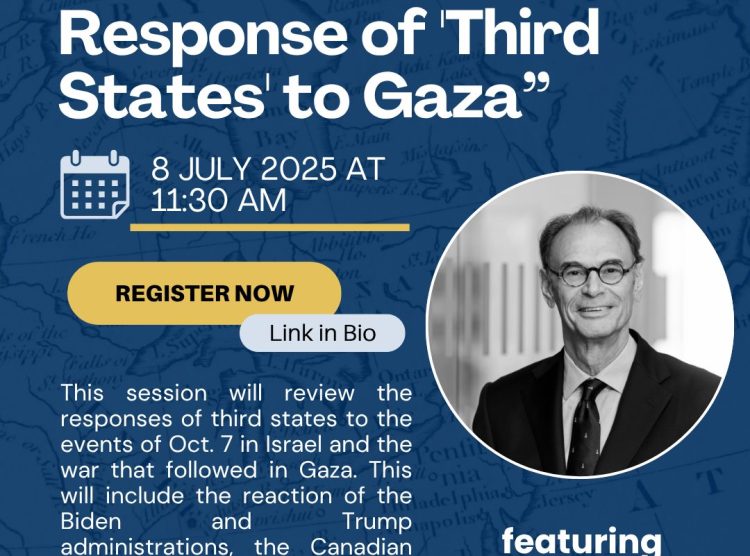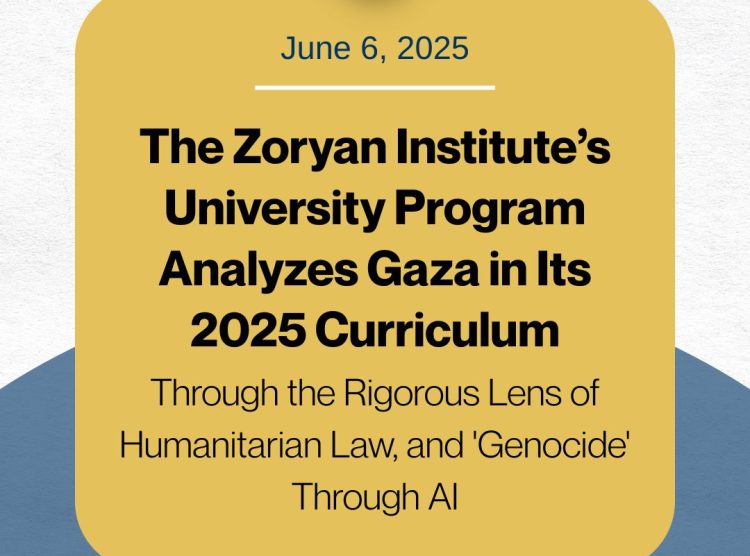March 22, 2022: Today marks World Water Day, a day established in 1993 to celebrate the vitality of water to all forms of life, raise awareness about the over two billion people worldwide living without access to safe water, and inspire action to address the global water crisis.
Access to clean water was declared a human right by the UN General Assembly and the Human Rights Council in 2010. Lack of access to sufficient safe water undermines the realization of all other human rights, having devastating impacts on health, livelihoods, and dignity. As climate change worsens, the direct human rights impacts of water scarcity will become increasingly severe, and water scarcity will contribute to population displacement, conflict, and in some cases, genocide.
In the quote above, Prof. Roger W. Smith, Co-Chair of the Zoryan Institute’s Academic Board reflected on the urgent and rapidly evolving nature of the situation during the Institute’s 2021 Board meeting.
The connection between climate change, water scarcity, and conflict was explored further in a recent presentation by Prof. Sumudu Atapattu of the University of Wisconsin Law School in our Climate Change, Human Rights, and Genocide Webinar Series. Prefacing her comment with an alarming statistic that over 50% of the world’s population is expected to be living in water-stressed regions by 2050, Prof. Atapattu highlighted: 